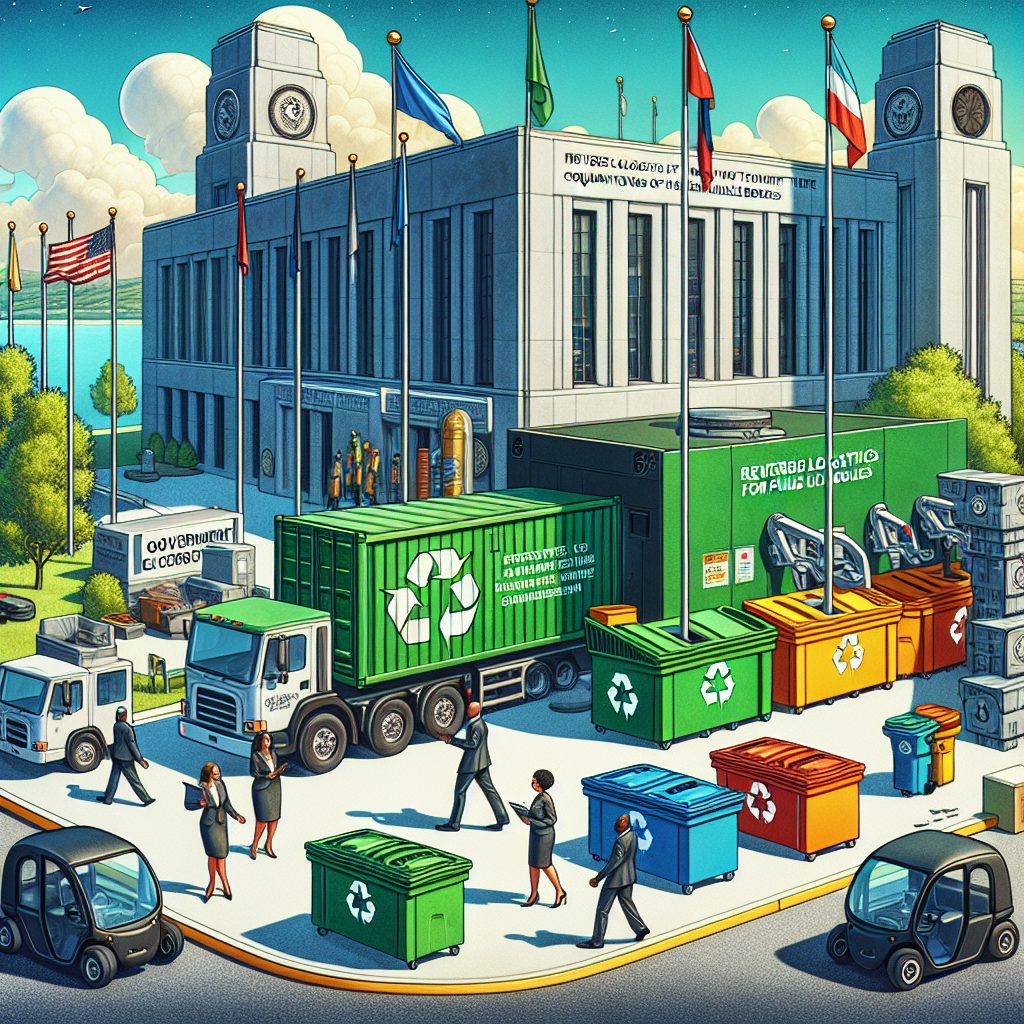Blog Ecobraz Eigre

Reverse Logistics for Public Agencies: How to Comply with Sustainable Bidding Requirements
Introduction to Reverse Logistics in Public Agencies
Reverse logistics is a mandatory component for public agencies, aligned with current sustainability guidelines and regulations. Compliance with these requirements contributes not only to legal conformity but also to the reduction of environmental impacts resulting from the life cycle of products acquired through public tenders.
Legal and Regulatory Framework
The implementation of reverse logistics in public agencies is supported by federal legislation, notably Law No. 12,305/2010, which establishes the National Solid Waste Policy (PNRS). According to Article 33, public entities share responsibility for the product life cycle, requiring the adoption of reverse logistics systems.
In addition to the PNRS, normative instructions and decrees govern specifics for sustainable procurement, such as Decree No. 10,936/2022, which reinforces environmental criteria in bidding processes, ensuring the prioritization of suppliers who prove effective systems for the collection and proper destination of waste.
Criteria for Compliance in Sustainable Bidding
To meet the requirements, public agencies must include specific clauses in their notices conditioning participation on the submission of reverse logistics plans. These plans must contain targets for the collection, transport, and correct disposal of generated waste, especially related to electronics and storage media.
The adoption of secure collection protocols is recommended, such as the electronic collection scheduling process, ensuring transparency and traceability in waste flow until its final environmentally appropriate destination.
Secure Data Management in Media and Equipment
Public agencies forwarding media with sensitive information for disposal must observe the sanitization standard that ensures complete data elimination. The correct procedure avoids exposure risks and is covered in technical and information security documents.
To guarantee this security, it is recommended to use specialized services in media and equipment sanitization, following technical recommendations from the NIST (U.S. National Institute of Standards and Technology) and guidelines present in Brazilian legislation.
Monitoring, Inspection, and Best Practices
Continuous monitoring of reverse logistics processes is essential to ensure compliance with guidelines and desired environmental performance. Public agencies should establish regular audits, performance reports, and sustainable indicators.
It is important for public managers to engage environmental and waste management consultancies aligned with the National Solid Waste Policy and to use references such as CETESB for best practices.
Final Considerations
Meeting the reverse logistics criteria in public tenders demonstrates commitment to sustainability and administrative responsibility. Observing current regulations and adopting secure, transparent, and efficient processes contribute to reducing environmental impact and increasing social benefits.

Deixe um comentário
O seu endereço de e-mail não será publicado. Campos obrigatórios são marcados com *